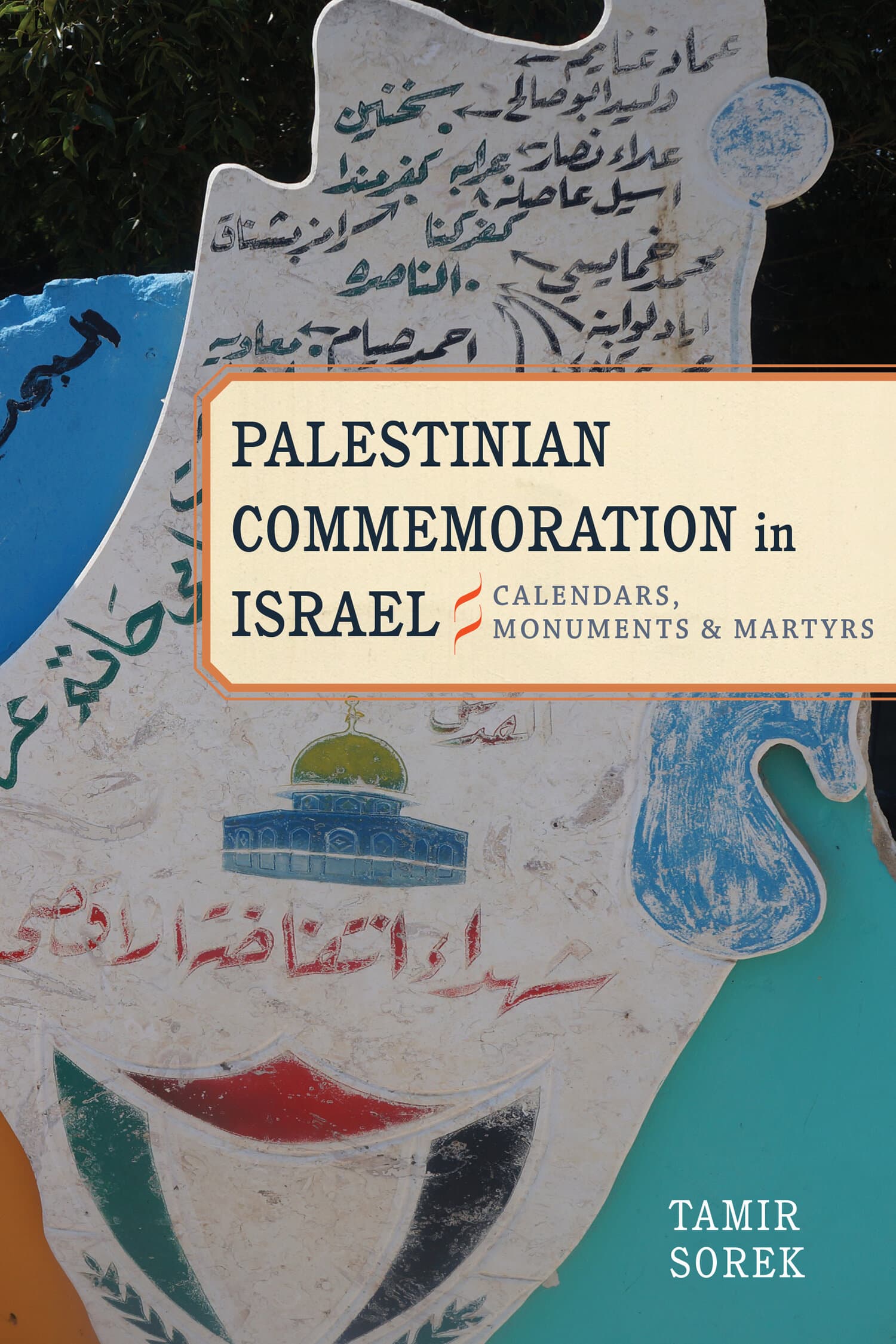Struggling for Time

Struggling for Time examines how time is used as a mechanism of control by the Israeli state and a site of mundane resistance among Palestinian agriculture professionals. Natalia Gutkowski unpacks power structures to show how a settler society lays moral claim on indigenous time through agrarian environmental policies, science, technologies, landscapes, and bureaucracy. Shifting the analysis of Israel/Palestine from land and space to time, she offers new insight into the operation of power in agrarian environments and develops a contemporary framework to understand land and resource grabs under temporal justifications.
Traveling across both policymaking arenas and Palestinian citizens' agrarian fields, Gutkowski follows the multiple ways that state officials, agronomists, planners, environmentalists, and agriculturalists use time as a tool of collective agency. Through investigations of wetland drainage in Galilee, transformations in olive agriculture, sustainable agrarian development, and regulation of the shmita biblical commandment, the "year of release" for agricultural fields, this work highlights how Palestinian citizens' agriculture has become a site for the state to settle and mediate time conflicts to justify its existence. As Struggling for Time demonstrates, time politics will take on ever greater urgency as societies and governments plan for an uncertain future in our era of climate change.
—Diana K. Davis, University of California, Davis
"Through its impressive multisited ethnography and historical analysis, Struggling for Time offers a fascinating analysis of transformations in Israeli agriculture policies as well as moving portraits of Palestinian agronomists and their complex relationship to their work and their land. The analytic of Israeli use of time as a means of dispossession is original and revealing."
—Amahl Bishara, Tufts University
"[Struggling for Time] offers an eye-opening record of the mundane and highly technical ways in which the Israeli state has attempted (and sometimes fails) to sew settler colonial roots in Palestine over the past century and particularly in recent decades. Released against the backdrop of Israel's genocidal project in Gaza, Gutkowski's book reveals another kind of colonial violence in which the battleground is the farm plot; the army, bureaucrats and conservationists; and the enemy, the Palestinian agrarian."
—Melissa Gatter, Arab Studies Quarterly
"The book opens and closes with the climate crisis and visions of ecological futures and social justice. It is in these moments of intensified anti-Palestinian violence we should consider how attention to Palestinian agrarian struggles can help do the work of 'unsettling both climate change and time'."
—Gabi Kirk, International Journal of Middle East Studies




